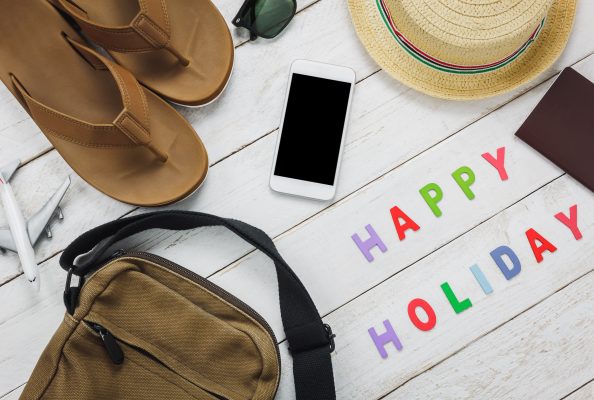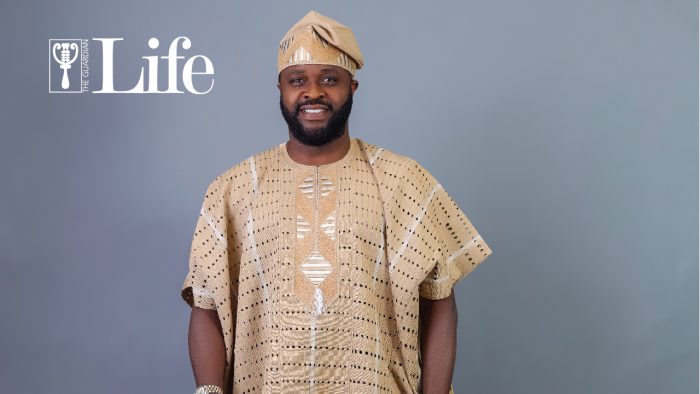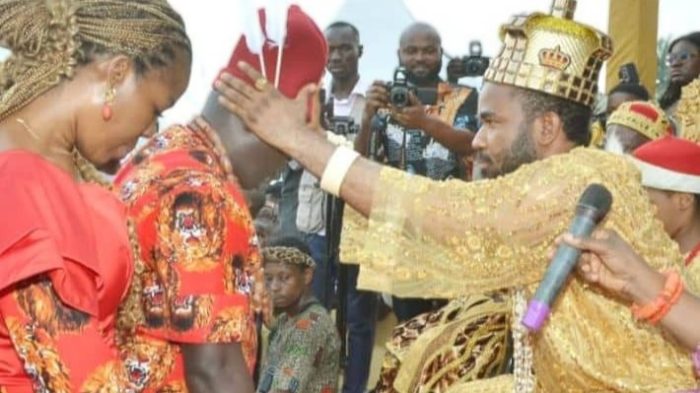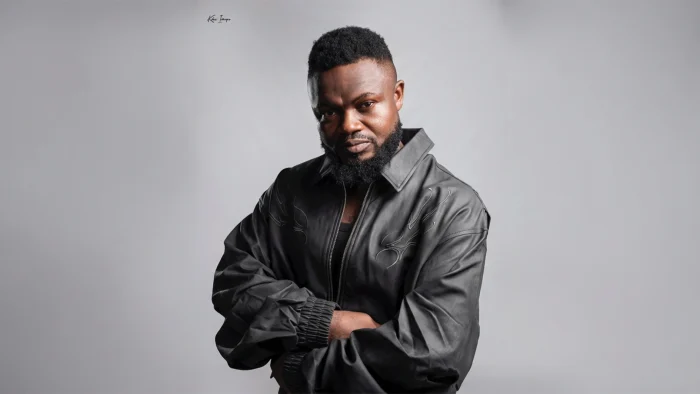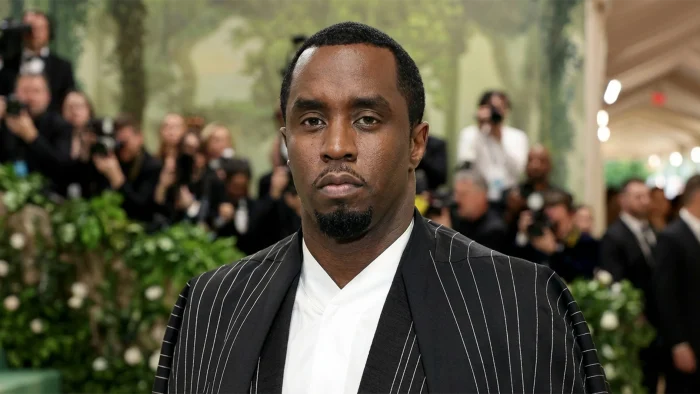The weather is the coolest I have ever seen in Lagos, he says. It’s another regular day in Nigeria’s commercial hub for Bien-Aimé Baraza, Grammy-winning Kenyan bard and one-third of the celebrated boy band sensation Sauti Sol. As he muses over the megacity’s cultural scene, he recalls his fond visits over the years. “I love going to the Afrika Shrine to watch Femi Kuti play for hours.”
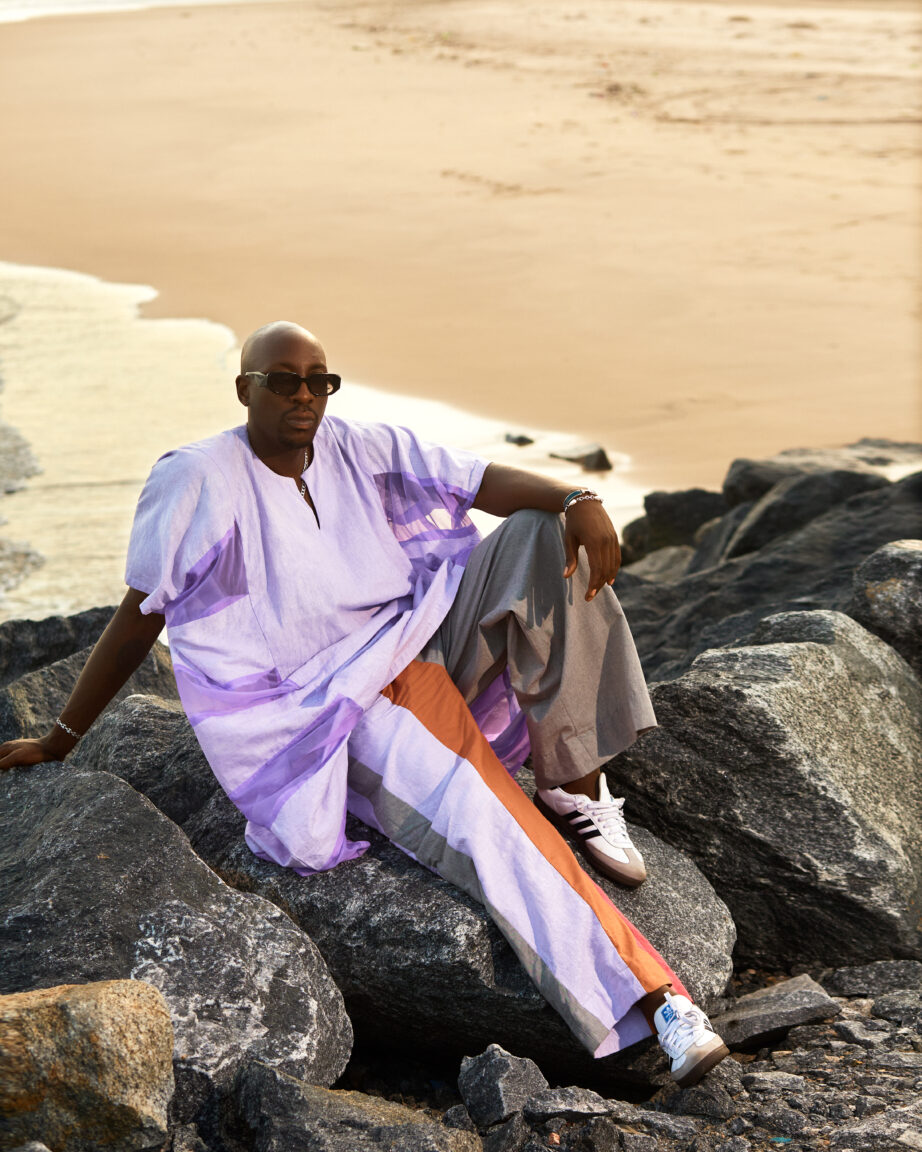
[ad]
It’s a calm weekday afternoon at Kalakuta Museum in the bustling Ikeja suburbs of Lagos. Bien, accompanied by his Nigerian manager and wife, has been wrapped up in a retinue of meetings all day. The 37-year-old maestro is thousands of kilometres from home talking about his latest project, Alusa Why Are You Topless?, the 21-track deluxe edition of his debut solo album.
From the Rumba rhythms of Central Africa to the neo-pop corners of Afrobeats, Bien reignites the warmth of the love-themed record, adding five additional songs featuring Fally Ipupa, Adekunle Gold, Shine TTW, Rayvanny, and Wretch32. Throughout the album, the tall, charismatic gentleman glides through his feelings, buttering the songs with rich storytelling—a hallmark of East African pop stars. The entire record is a metaphor for emotional vulnerability and the beauty of embracing it.
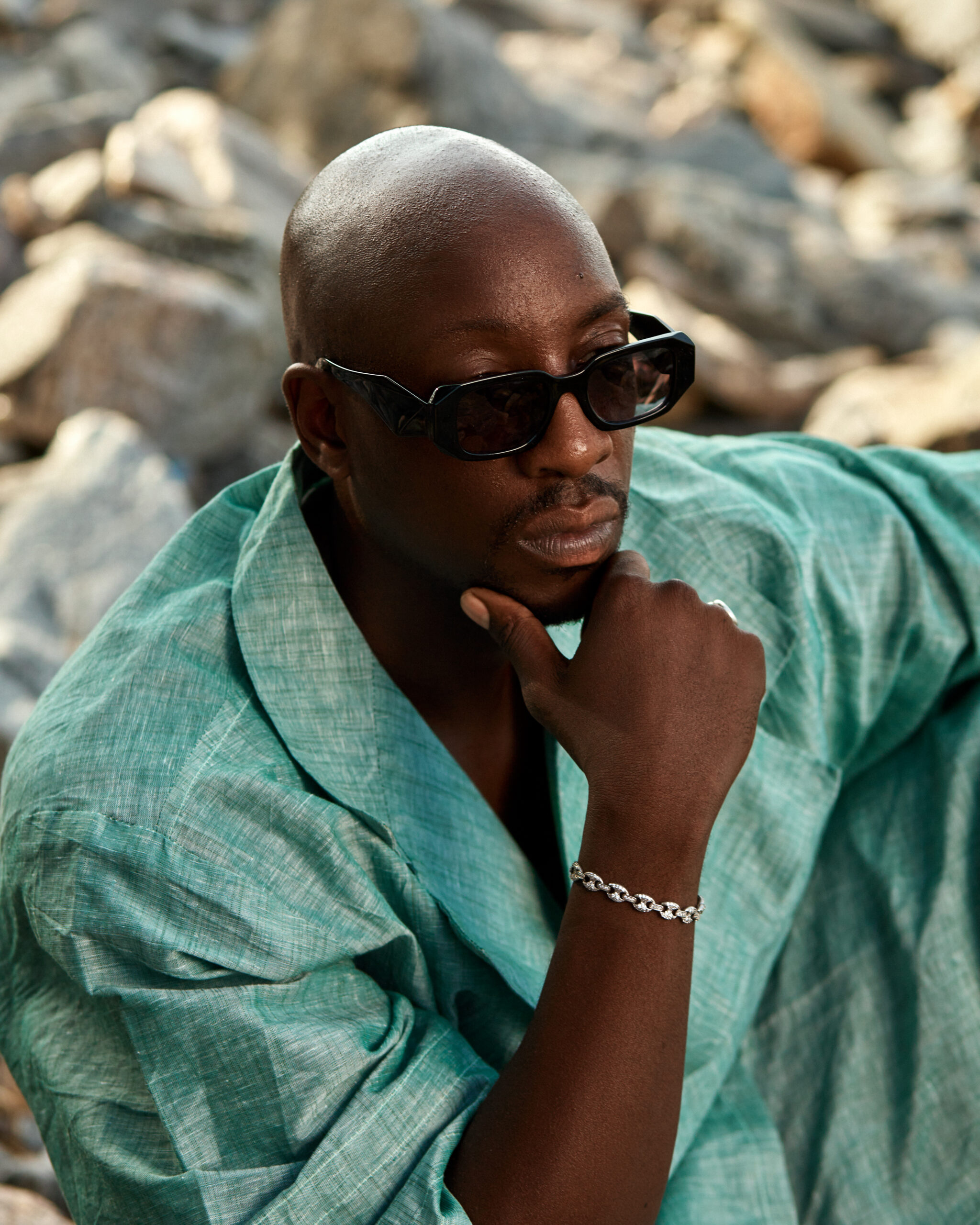
[ad]
READ ALSO: Get ready with Spotify music: create the vibe, set the trend
With R&B as his forte, Bien steps into the spotlight, while Sauti-Sol remains on hiatus. The group announced last year that they were pausing their act to focus on individual solo projects for now, although they assured fans of their preserved unity.
On today’s Guardian Music, we’re served with a ‘Bienvenue’ by the Nairobi-based musician as he invites us into his new world as a solo act. His eyes gleam with excitement as he unpacks his experiences making the album, working with some of the continent’s biggest stars, and his enduring passion for creating impactful music.
[ad]
Congrats on the album. So, what’s it all about?
ALUSA is my real name. When I was in Sauti Sol, there was a song we did where we were all oiled up and whining our waists and topless in the music video. People were going wild. People at home were banning us. They said that’s pornography. They said we were good boys gone bad. It was a very raunchy video.
But at that time we (Kenyans) were very conservative. But that was the first time we got a show in Nigeria, Uganda, and Tanzania, all from that moment of being spontaneous and audacious. I knew I needed that energy. During that time, my mum called me and asked, “Alusa, why are you topless?” and I was like yes, this is going to be the title of the album.
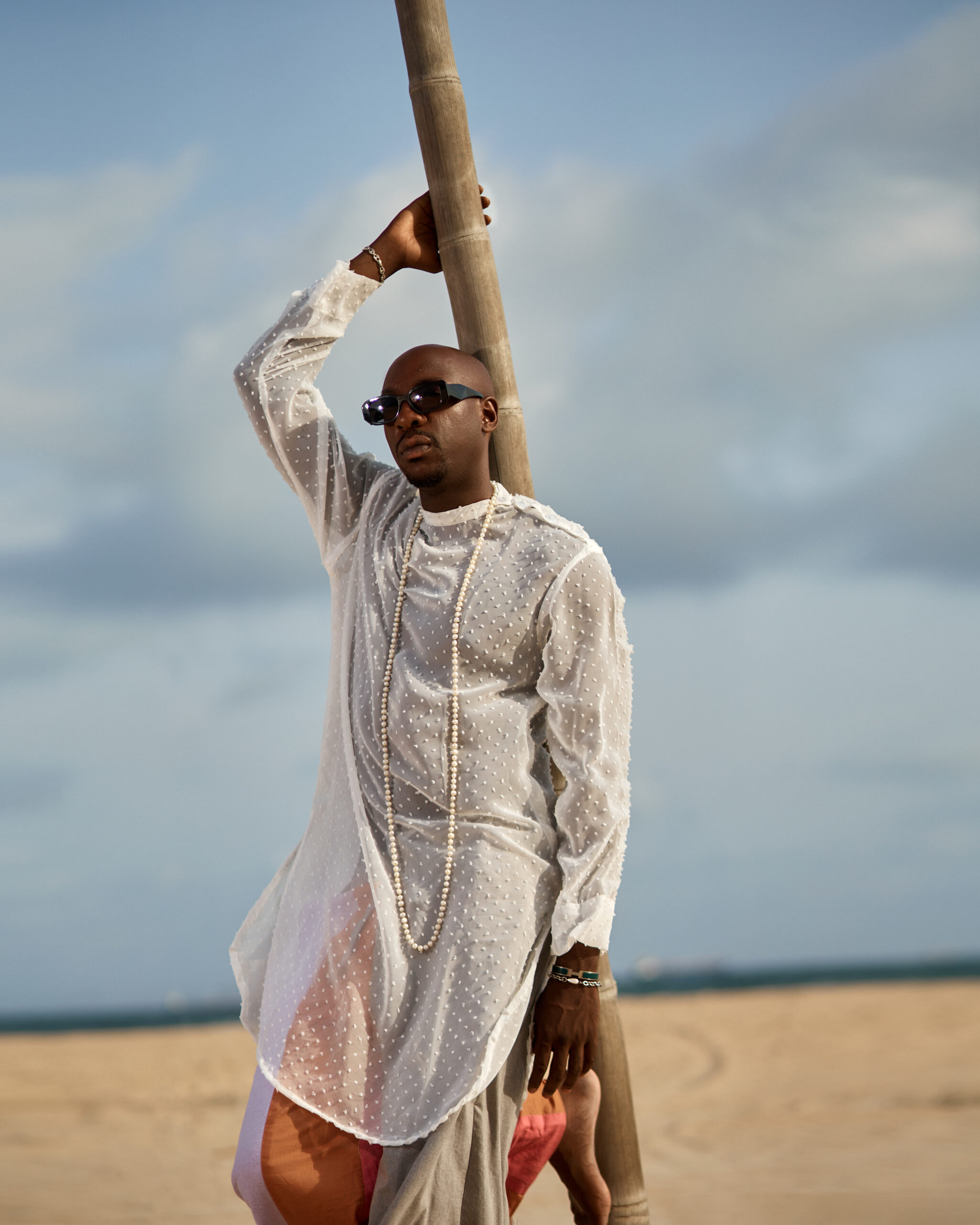
[ad]
How did you create the viral song with Adekunle Gold and Shine TTW?
I started working on the song while in Ghana, in the hills in Aburi, back in January. It was a beautiful setting. I linked up with Remy Baggins, who’s an amazing producer, along with a bunch of other producers in the room. Shine happened to be there, and we just started cooking and wrote most of it there.
Then, I was thinking to myself, who’s going to be the best artist to collaborate in this song? I thought of AG, first of all because we’re really good friends, but I also think he’s a musician’s musician. I love his artistry.
How did you hone your own style?
I think I’m still honing my style. I was in a band before, and now I’m doing a solo act; I’m growing into myself a lot more every day. It’s been a beautiful journey, but my craft is also honed by travelling all over Africa and hearing different influences on the streets. For instance, going to the Afrika Shrine and hearing Femi Kuti play for four hours. Wow! Nigeria, Ghana, Thailand.
[ad]
I’ve been to 10 countries this year alone. And every time I travel, I experience the food, the culture, the people, the music, and it shapes my psyche. I realise that human beings are so alike; you’re all going through the same things, socially, economically, and life-wise, and we all feel the same emotions.
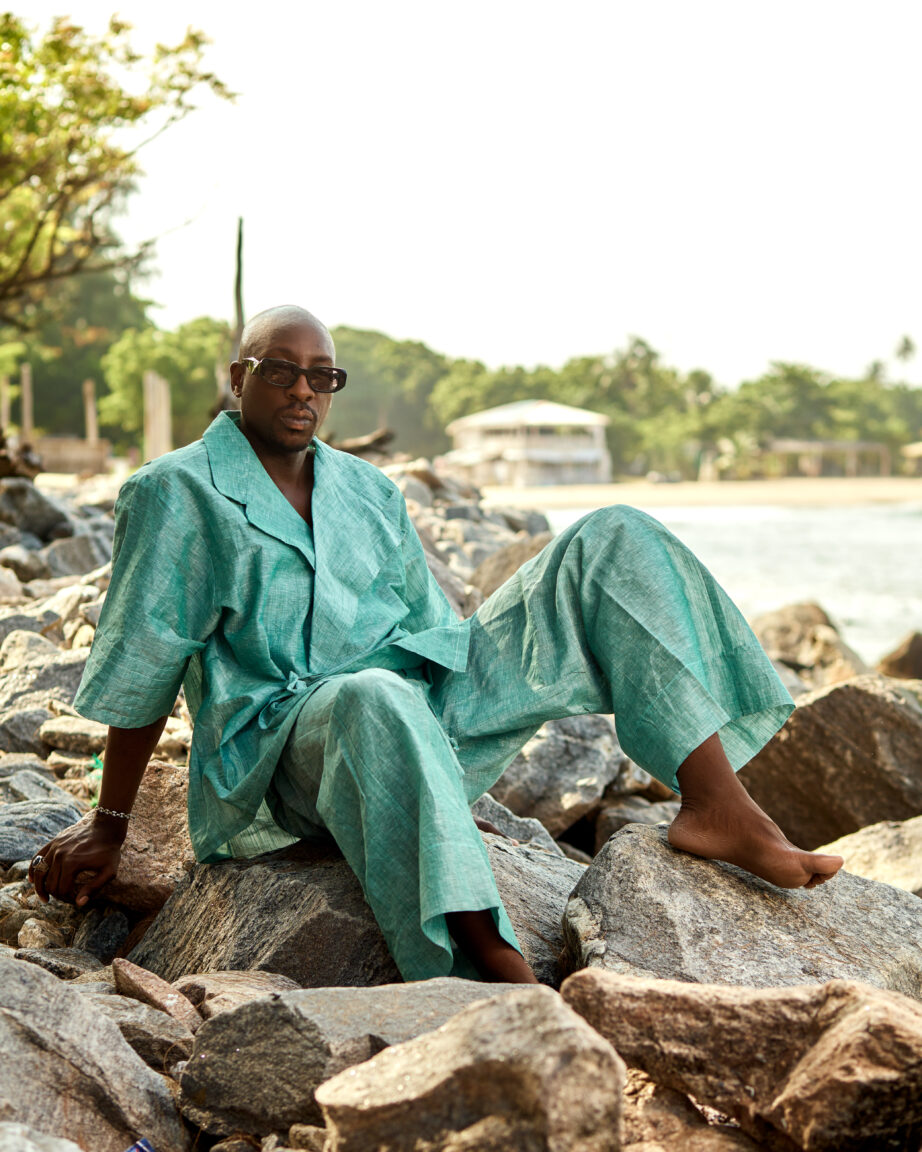
What influenced the storytelling on the album?
I think I write about myself and about people, but, generally, want you to listen to the album and feel better about life in general. want the music to be your safe space, your crutch. I want it to take you into a new dimension that makes you happier. And if that is done, I’ve achieved my goal.
Tell us one memorable session from making the album.
Oh, I think it was when we were working in London. I recorded most of the finishing touches there with a producer called Sammy. He produced most of Tyla’s last album. He’s Ghanaian, and locking in with him in London was a life-changing experience for me.
[ad]
You are a serial cross-cultural collaborator. What do you need to see to work with someone?
Most of the people I work with, I realise, I’m a fan of their art. I listen widely. I probably know more Nigerian music than you, bro. I’m kidding, but I love all kinds of music. One of my favourite Nigerian musicians is Lagbaja. I wonder what he looks like. Do people know what he looks like? I don’t think there’s a photograph of his real face.
I’m a big Fela Kuti fan. I have read all the Fela books. I’ve watched all the Fela movies. I’m a big fan of King Sunny Ade. I mean, you have to listen to the source, the whole lineage. [I may have lost touch with Nigerian music from the ‘90s, but I’m still deeply connected to the roots.]
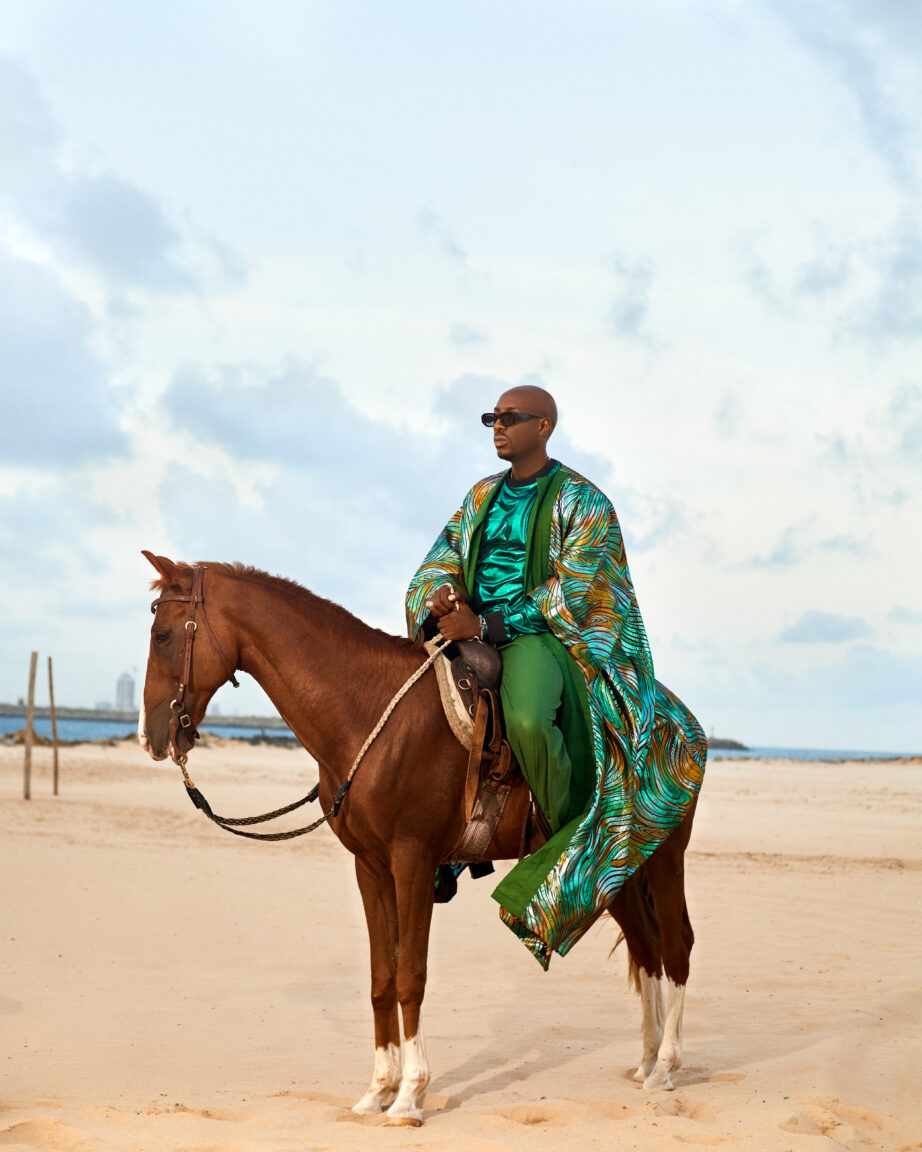
How can we improve the African music industry right now?
I think governments now need to involve themselves in building policies and infrastructure for arts to be sustainable. For example, making sure that all radios are paying proper royalties to artists and stuff like that, and if artists can earn a lot of money off our songs being played on radio or streaming platforms.
[ad]
Then, structurally, there are places where Rema has never performed because there’s no structure for him to perform there, not because Rema is not a big artist. So, we need to build more music venues. We need to build multipurpose spaces where music can be celebrated and enjoyed. The biggest landowner is the government. The biggest money owner is the government. We need to subsidise the arts. We need to increase art education in schools.
I already feel like you guys are doing so well in Nigeria. I’m so proud of the growth and hunger still. In Kenya, we are hungry too. It’s amazing.
The scene is very vibrant, especially with urban gengetone and Rumba music going on too, because it’s East Africa. Style-wise, we’re very different from Nigeria in the sense that we are very much into storytelling. We like to beat around the bush, (while) Nigerian music starts with hard-hitting drums and a hook that’s killing you. And it’s beautiful music too—I’ll be honest—very melodic.
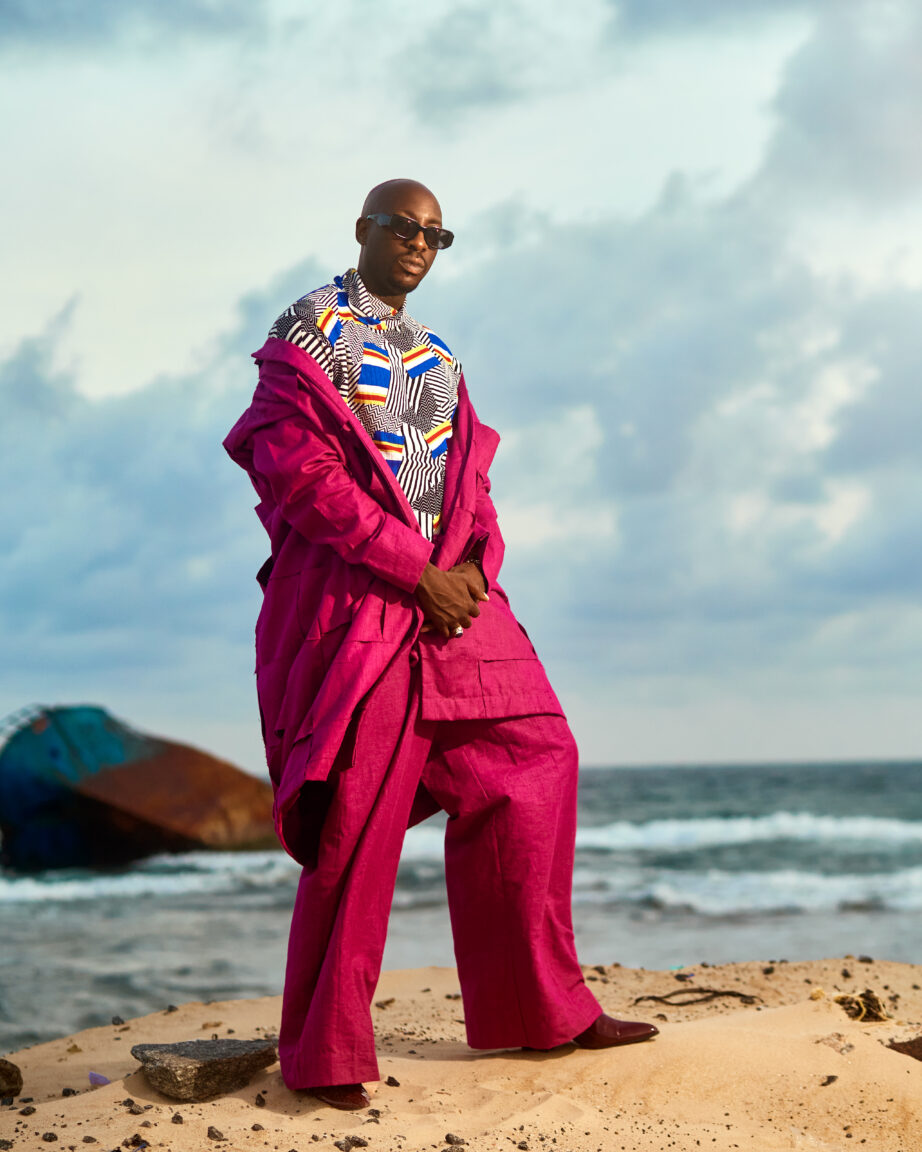
[ad]
What’s next for you?
I’m about to go on tour. I’ve been touring this whole year. I did Europe, I did Australia. I’m touring America in September, and then in November, I’m back to touring Europe. So, if you’re in Europe or London, you can check out my social media for new dates.
What is the vision for the rest of your career?
The vision for the rest of my career is to make purposeful music. I’ve understood my gift, I’ve made songs. I’ve known how to make hits, but I’m not about that anymore. Now, I just want to make music that is full of purpose, changes people’s lives, and uplifts them with its message.
[ad]
Tell us a fun fact about yourself
I’m the chairman of the Bald Men Association in the world. Yes, it’s a real thing. We even have an office in Geneva, in Switzerland. I’m also the chairman of the World Whistler Association. I’m the best whistler I know.
Have you ever considered a whistle album, like Andre 3000?
I don’t have my whistle album out yet, because I don’t need to overshadow my music career. You know another fun fact: my wife is a Nigerian, from Imo State. I met her in Kenya. After all, Nigerian men are coming and taking our girls every day. So I was like, I’m going to return the favour.
[ad]
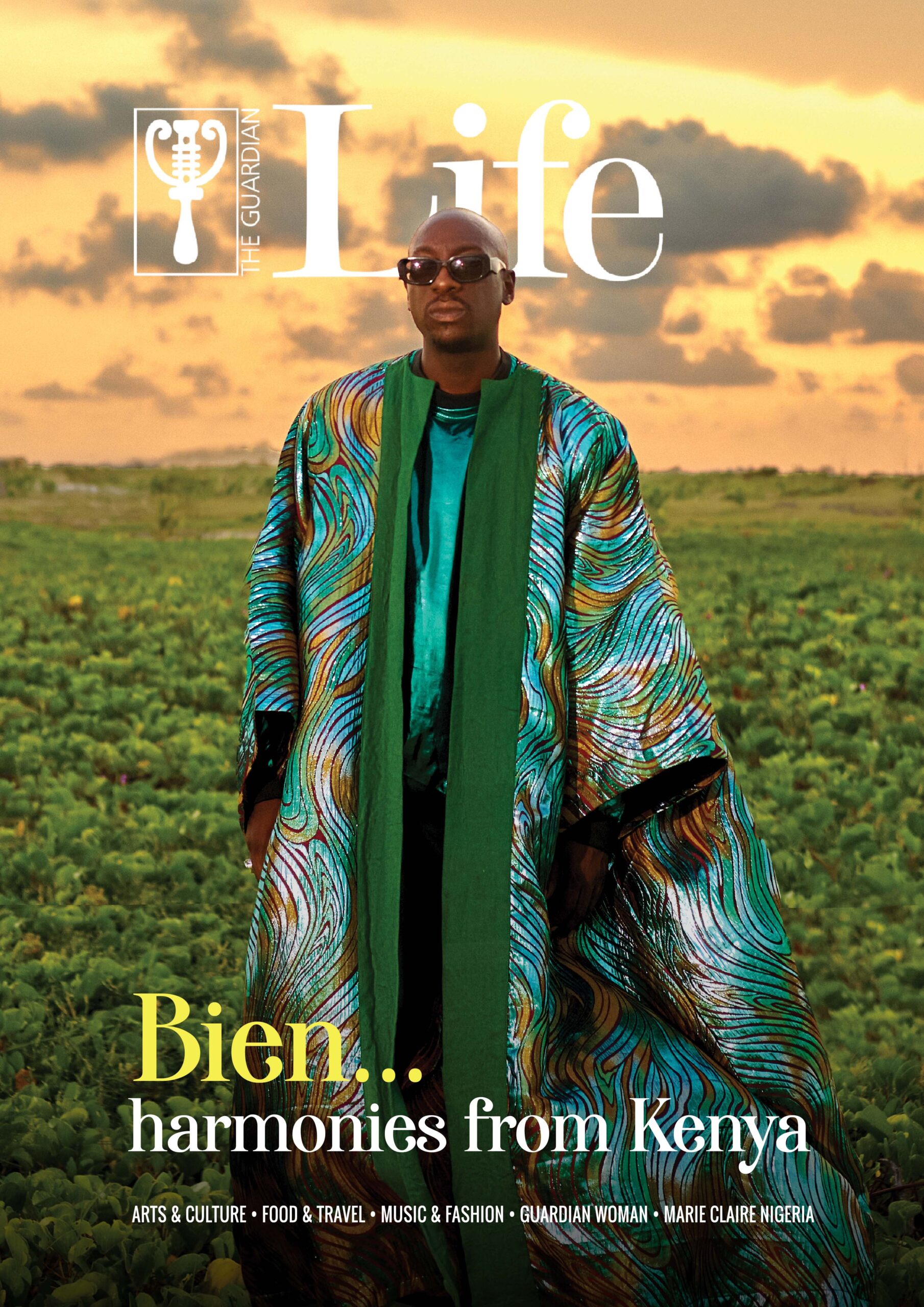
COVER CREDITS:
Stylist: Ugochukwu Onukwubiri @14zeroseven
Photographer: Godswill Okarekpe @whilzpro


